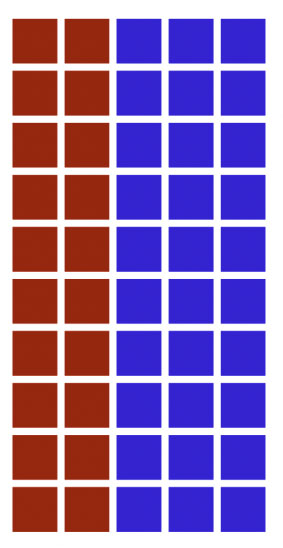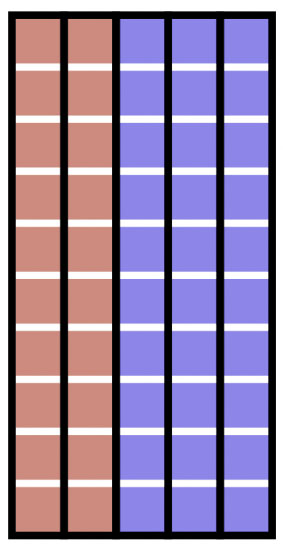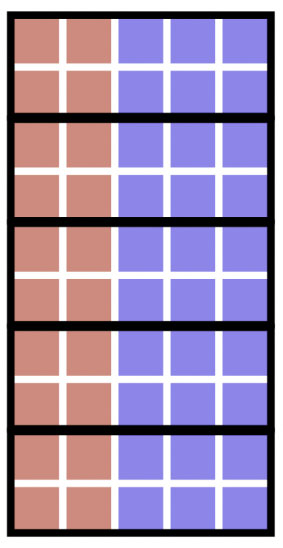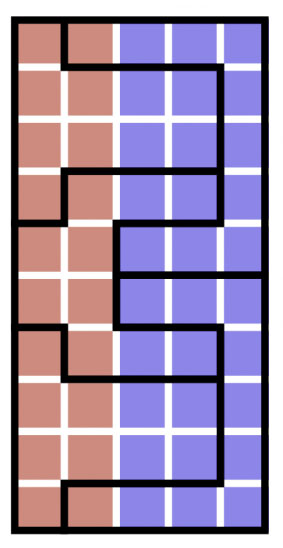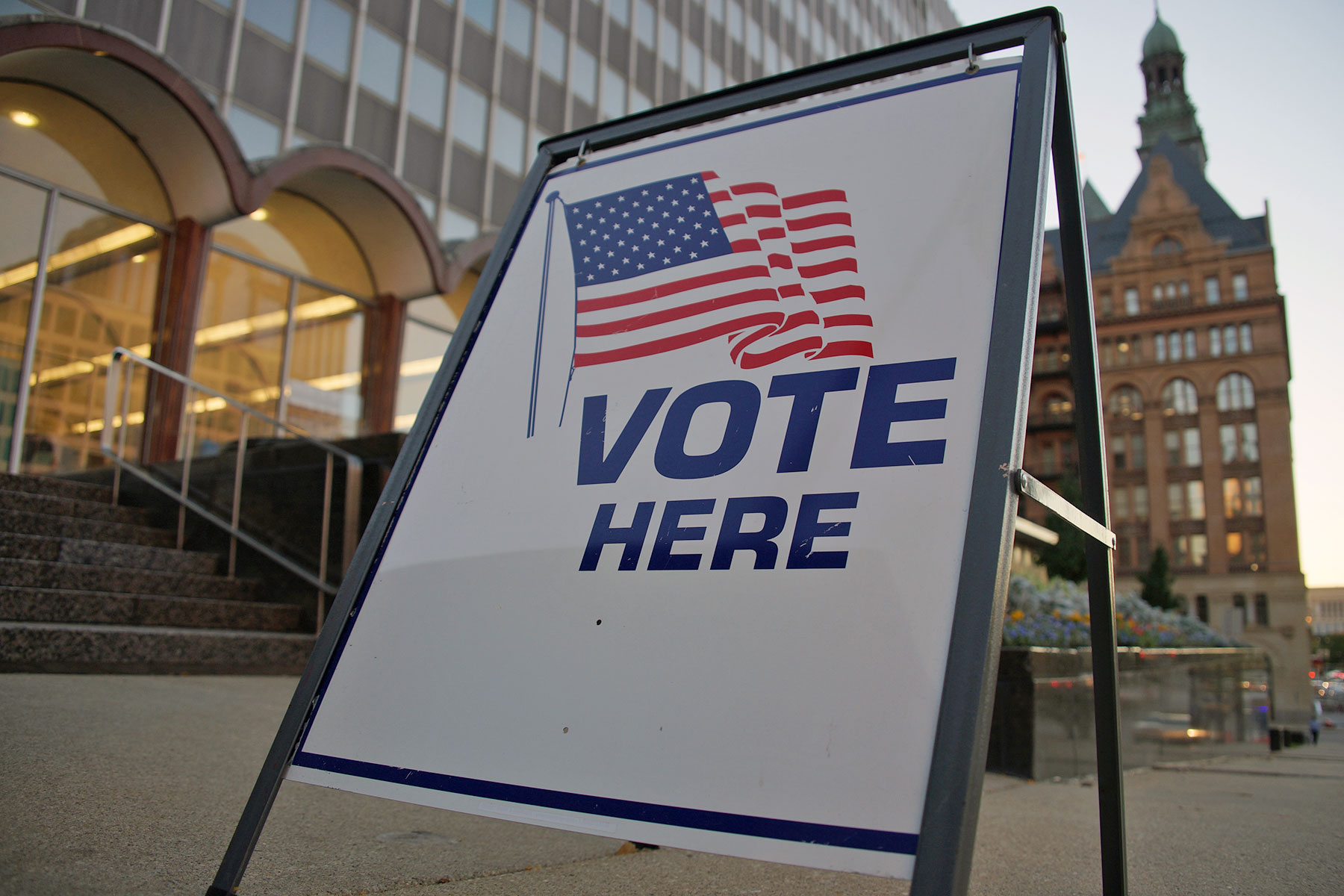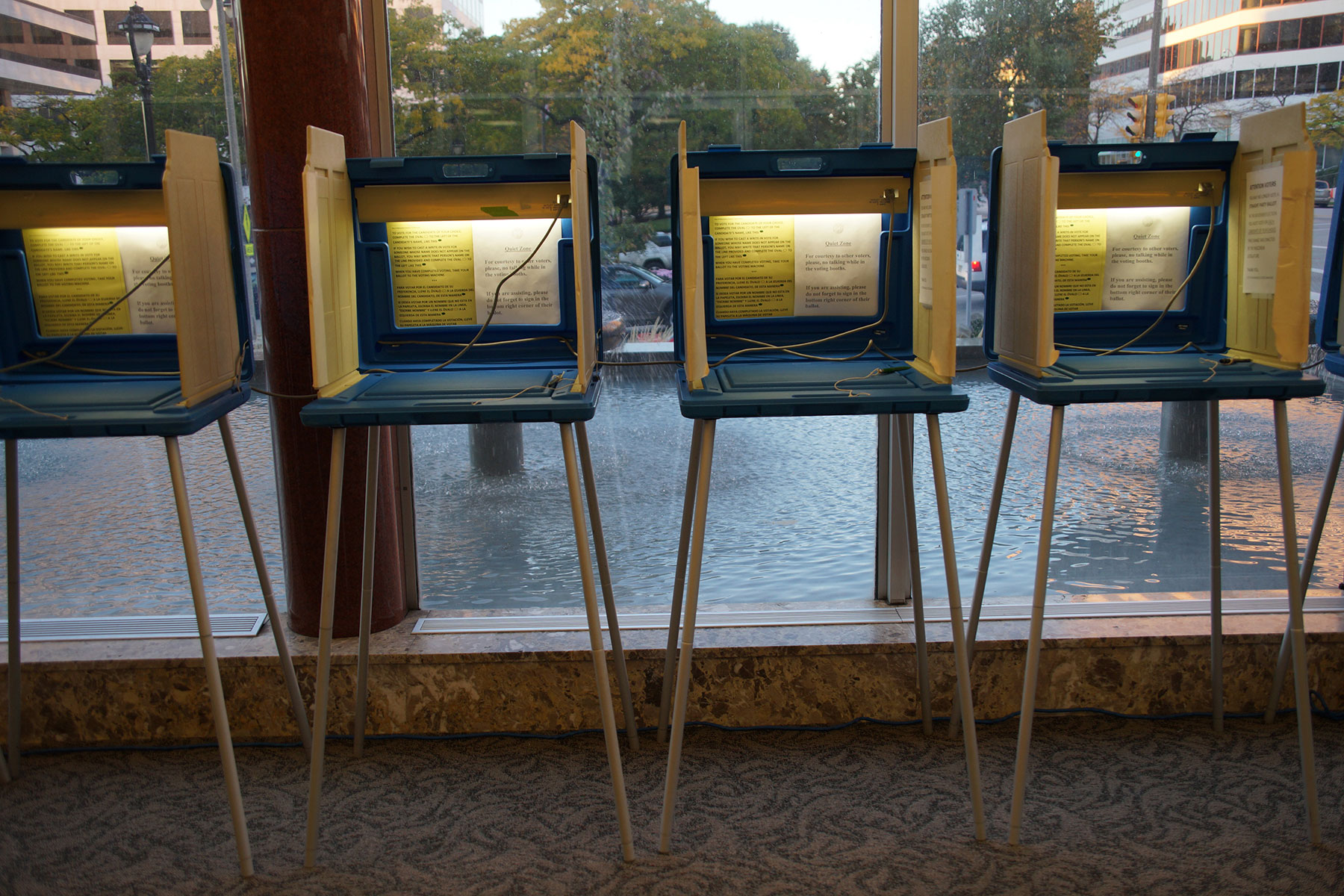
Instead of complying with a federal order to correct for gerrymandering, the State of Wisconsin filed a US Supreme Court appeal of Whitford v. Gill on February 24.
A federal three-judge panel ruled last November that Wisconsin’s legislative maps are unconstitutional, granting victory to 12 Wisconsin Democrats who filed suit more than a year ago. This is the first time a map has been overturned by a federal court for being gerrymandered for political reasons.
“The people of Wisconsin want a fair map, drawn in an open and transparent process, not more shenanigans,” said Sachin Chheda, Director of the Fair Elections Project, which organized and launched Whitford v. Gill. “The AG and the Legislature should be focused on the next steps and complying with the district court’s order, rather than wasting more taxpayer dollars defending an unfair, unconstitutional map drawn in a secret process.”
“As a longtime Senator, I know there’s no support out there on the streets and in the fields for this nonsense,” said Dale Schultz, a Republican former state senate majority leader who co-chairs the Fair Elections Project. “It’s way past time to move to the next step and just redraw the maps in a way the public can participate and feel confident in the result.”
“We are fighting for openness and transparency because confidence in our government is very low,” said Tim Cullen, a former state senate majority leader who serves as the other co-chair. “Secret map rooms and throwing away taxpayer money, that’s a big part of the reason. It’s time to just do the right thing instead.”
This was the first time a map has been overturned by a federal court for being gerrymandered for political reasons. The court subsequently ordered new maps to be drawn by November 2017, in order to be utilized for the 2018 elections, and enjoined further use of the maps passed in 2011.
Originally filed in July 2015, the lawsuit demanded the district maps for the state Legislature be thrown out, calling the line-drawing process “secretive” and “partisan,” and the maps unconstitutional for overly advantaging one party.
“Voters should be the ones choosing their representatives, not the other way around. The shady back-room dealings of Republicans who signed a secrecy oath as they re-drew our legislative maps in 2011 flipped that script as they carved up our state into as many Republican-leaning districts as possible,” said State Representative Katrina Shankland. “The court finding the maps to be unconstitutional is a big win for the people of Wisconsin.”
The lawsuit fulfills a call issued by the U.S. Supreme Court in previous cases for a standard to measure how much partisan gerrymandering is allowable, and shows how Wisconsin’s map is far outside acceptable redistricting norms.
A trial was conducted in front of the federal panel in Madison in May, in which new evidence was detailed that described the secret, illicit process used to draw the maps. Testimony in the trial detailed the lengths the legislative majority went to in order to bias the maps and then hide their work.
Gerrymandering explained, three different ways to divide 50 people into five districts or “how to steal an election.”

